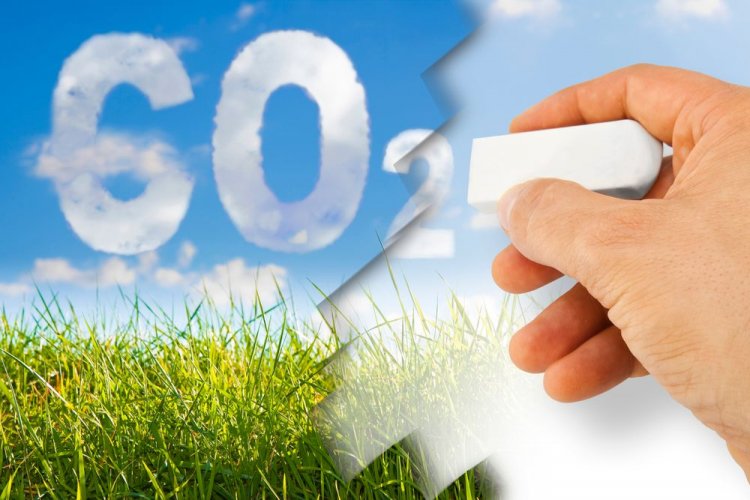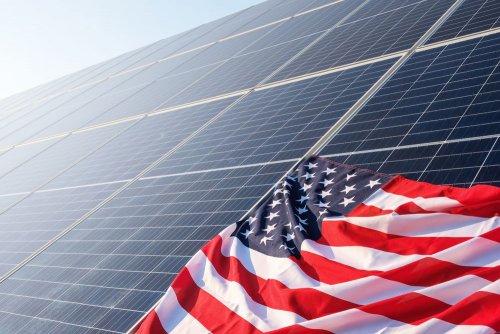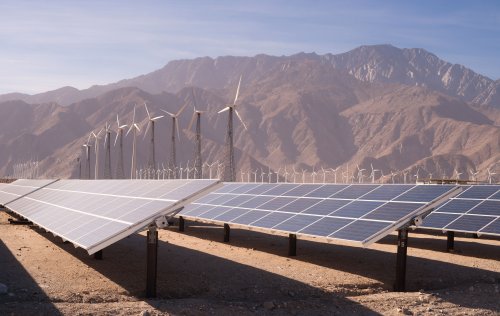In the European Union, emissions from energy and industry regulated by the carbon market decreased by 1.2-1.6% in 2022 and reached 1.316-1.32 billion tons of CO2 equivalent.
This is according to preliminary data in the EU transaction log database of 93% of all installations covered by the emissions trading system (ETS) and verified by analysts Refinitiv and ICIS, Reuters reports.
It is noted that about 45% of greenhouse gas emissions in the EU are regulated by the ETS. The system is designed to curb global warming by charging a fee for the right to emit carbon.
The article emphasized that despite the increase in emissions in the energy sector, they will be compensated by a decrease in industrial emissions.
The authors pointed out that due to the full-scale war in Ukraine, many EU countries began burning more coal to generate electricity, as Russian gas supplies decreased. There were also problems with the production of nuclear energy in France. And high gas prices forced many industrial companies to curb production.
Emissions from the aviation sector, which is also covered by the scheme, are expected to rise by 77-84% in 2022 compared to 2021 levels, analysts said, as the industry began to recover from the COVID-19 pandemic.
Total carbon dioxide emissions covered by the ETS rose sharply, up 0.2% from 2021 levels to 1.366 billion tonnes due to rising aviation emissions, according to Refinitiv gas analyst Yan Tsin.
It is noted that Great Britain has also announced a reduction of CO2 emissions by 2.4% (331.5 million tons) in 2022.
Earlier, EcoPolitic wrote, that according to the International Energy Agency (IEA), global carbon emissions in 2022 increased to a new record value of 0.9%, i.e. to more than 36.8 billion metric tons, which brings the world to a dangerous level of global warming.
As EcoPolitic previously reported, a report by the consulting company Rhodium Group showed that greenhouse gas emissions in the US in 2022 increased by 1.3% (5.6 billion tons of CO2 equivalent), which is contrary to the goals of the Paris Climate Agreement.





